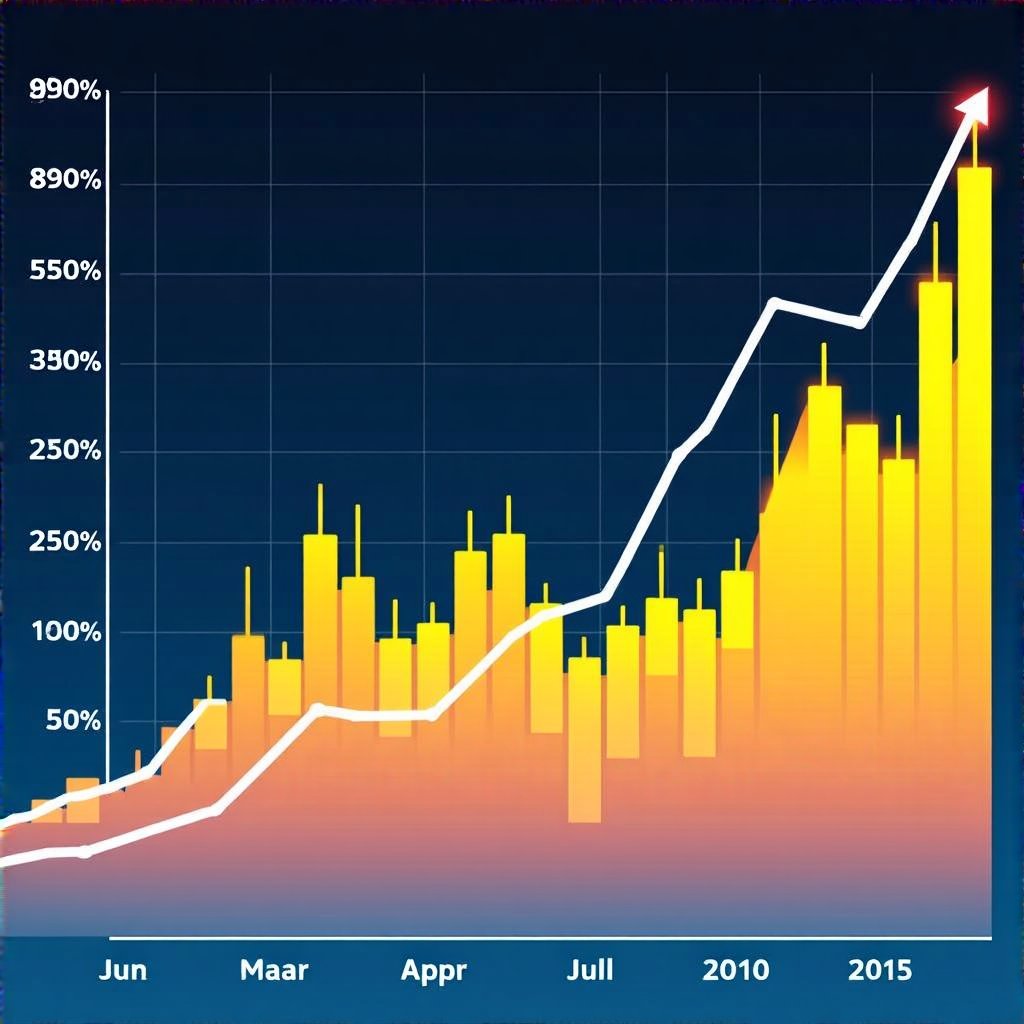The Solana Hype Cycle: Fueling Meme Token Booms and Busts

The blockchain ecosystem on Solana has experienced recurrent hype cycles characterized by rapid community expansion and subsequent sharp declines. Understanding these phenomena requires dissecting the interplay between influencer marketing, social media-driven speculation, and on-chain activity, which collectively drive meme token prices to unsustainable levels followed by steep corrections.
- The Dynamics of Hype and Community Fervor
- Case Study: LumiChill and the Meme Token Phenomenon
- Market Volatility and Investor Behavior
- Lessons for Investors and Developers
The Dynamics of Hype and Community Fervor
Solana's ecosystem is distinguished by low transaction costs and high throughput, which facilitate rapid token launches and community engagement. During a hype cycle, social media platforms amplify the narrative, often employing bold claims and influencer endorsements. The declared utility of many meme tokens is minimal or nonexistent, yet the on-chain activity shows rapid spikes in wallet interactions and transaction volumes. This discrepancy—between declared value and actual on-chain data—resembles forensic patterns typical of data-driven analysis, where hype outpaces fundamentals.

Case Study: LumiChill and the Meme Token Phenomenon
LumiChill emerged as a quintessential example of the Solana hype cycle, quickly gaining attention through social media hype and influencer promotion. On-chain analysis revealed a surge in token transfers, wallet interactions, and liquidity additions, which propelled it to a market cap peak. However, despite community excitement, fundamentals such as sustained utility or developer backing remained lacking. When influencer interest waned, a swift decline ensued, exemplifying a classic boom-and-bust cycle common within meme tokens.
Market Volatility and Investor Behavior
The rapid shifts in meme token prices are often driven by speculative fever, with investors reacting to fleeting social media trends rather than intrinsic value. Data shows that many investors enter during the hype, driven by FOMO (fear of missing out), only to exit when prices correct. This behavior echoes patterns observed in traditional bubbles, but with higher volatility due to the shorter timeframes and lower barriers to entry on Solana.

Lessons for Investors and Developers
Researchers and analysts emphasize that understanding the 'Declared vs. Actual' utility and analyzing on-chain metrics are crucial for assessing risks. External factors, such as influencer campaigns and community sentiment, can distort fundamental valuations. Developers should focus on building real utility and maintaining transparency to foster long-term trust, rather than solely relying on hype. For investors, employing forensic analysis—scrutinizing transaction flows and wallet behaviors—can mitigate exposure to sudden crashes.